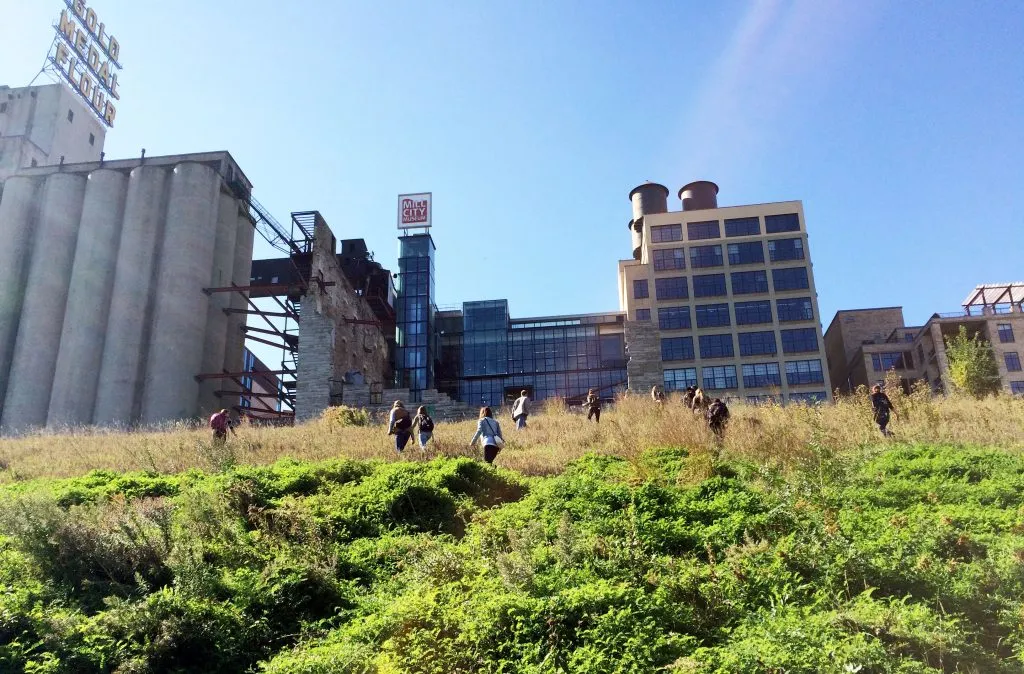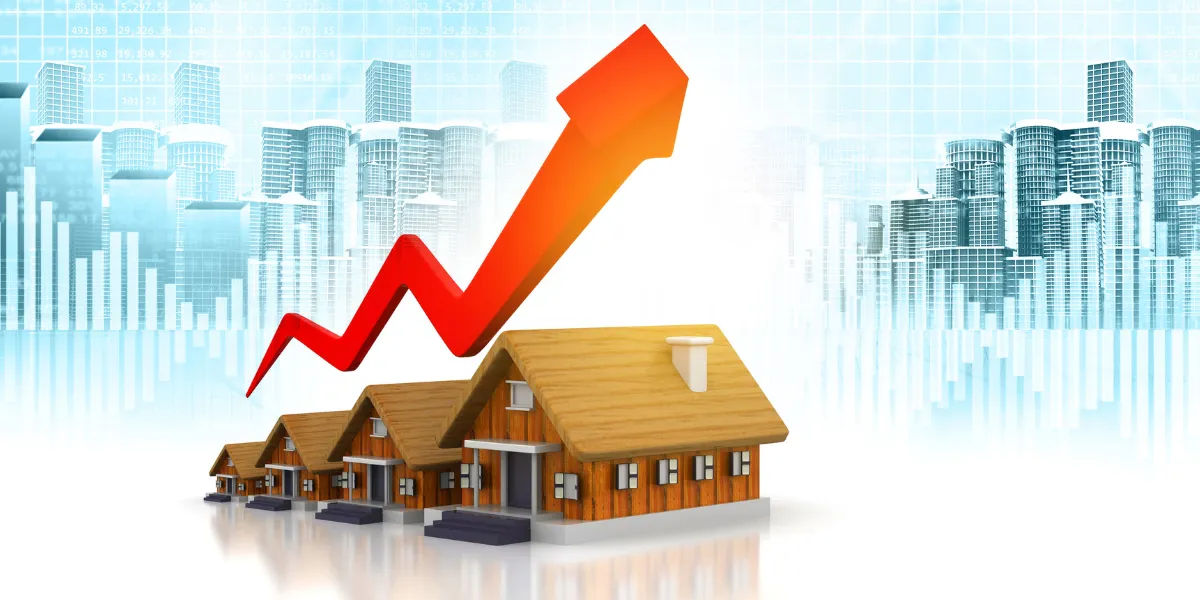Introduction
Modern cities are evolving rapidly, and with limited land availability and increasing demand for convenience, mixed-use developers have risen as key innovators in real estate. Their projects go beyond building single-purpose structures and instead combine residential, commercial, retail, and recreational spaces into one integrated environment. By doing so, they create communities that reflect the needs of contemporary urban life, where people can live, work, and socialize within the same development.
Mixed-use developers are redefining the concept of urban planning by blending multiple functions into cohesive developments. Unlike traditional single-use projects, their work focuses on integration and synergy, ensuring that residents and visitors can access essential services, entertainment, and business opportunities without traveling far. These developers often transform underutilized land into thriving hubs, revitalizing neighborhoods while supporting economic growth and social interaction.
One of the defining qualities of mixed-use development is its emphasis on convenience. By combining housing with offices, shopping areas, restaurants, and leisure facilities, developers create spaces that reduce the need for long commutes and foster a sense of community. Residents benefit from having everything within walking distance, while businesses thrive from consistent foot traffic. This approach not only improves quality of life but also contributes to sustainability by minimizing reliance on cars and encouraging walkable, transit-oriented neighborhoods.
The role of mixed-use developers also involves careful planning and design to balance the needs of diverse stakeholders. They must ensure that residential areas maintain privacy and comfort, commercial spaces remain attractive to businesses, and public areas encourage community engagement. Increasingly, they incorporate green spaces, sustainable building materials, and energy-efficient technologies to align with the growing demand for environmentally responsible development.
From an investment perspective, mixed-use projects are attractive because they diversify income streams and enhance long-term value. Developers can generate revenue from both residential sales and commercial leases, making these projects resilient against market fluctuations. As urban populations grow and consumer preferences shift toward convenience and integrated living, the demand for mixed-use communities continues to rise, positioning these developers at the forefront of modern real estate.
Conclusion
Mixed-use developers are transforming the way cities function by creating integrated communities that blend living, working, and leisure into a single environment. Their projects reflect the changing expectations of urban residents who seek convenience, sustainability, and connection in their daily lives. By uniting multiple functions under one development, they not only maximize land use but also shape vibrant, future-ready cities.




